Africa Chapter
In Africa, the capacity to study and manage freshwater ecosystems is limited and often under funded. Most governments do not fully appreciate the need for quality research on sustainable management of freshwater ecosystems. Much of the research is fisheries oriented, ignoring other key components of freshwater systems such as macroinvertebrates, diatoms, microbial and macrophyte communities which are of such fundamental importance to our freshwater ecosystem processes and functioning. There are only a few initiatives that are scattered and uncoordinated across the continent. As a result, these initiatives are isolated and end up being inefficient in guiding the use of freshwater resources. Also, it is possible that, due to the lack of coordination, the little existing capacity and expertise are not connected, which could lead to their ineffectiveness at a continental scale. The SFS Africa chapter will address these issues by serving as an active platform of freshwater researchers, educators and practitioners. This chapter will be a network that facilitates resources sharing, capacity building, as well as collaboration and networking between members on the continent and beyond.
The goals of SFS Africa chapter will be:
- To identify organizations already operating in Africa and build mutual liaison between them in order to push for an integrated and holistic approach to management of freshwater ecosystems in Africa. Already existing organizations are Southern Africa the Southern African Society for Aquatic Scientists (SASAqS), African Freshwater Entomology Workshops (AFRESH) and Freshwater Biology Association.
- To promote research and conservation of freshwater ecosystems in Africa
- To enhance the engagement of African freshwater scientists and practitioners in the global SFS
- To support the collaboration between SFS Africa chapter and other SFS chapters
Specific objectives of SFS Africa chapter are divided into three categories: short-term, middle term and long-term, as follows:
Short-term objectives.
- To strengthen collaboration between North American and African scientists
- To encourage participation of African freshwater scientists in the SFS activities
- To facilitate the exchange of ideas, researchers, students, staff, equipment and other resources.
- To support professional and capacity development such as taxonomy, techniques for data collection, analysis and reporting
- To improve collaboration between existing African freshwater research and professional bodies
Middle-term objectives.
- To improve skills in proposal writing, research design, data analysis, and publishing results.
- To mobilize resources and develop joint grant proposal e.g. PEER NSF-USAID, USA NSF etc
- To set up a platform as a soft-landing spot for African freshwater scientists
Long-term objectives.
- To serve as a continental consortium or hub of freshwater scientists and practitioners
- To support curriculum development by working with higher learning institutions, policymakers and practitioner organizations to identify the most needed skills and develop their curriculum.
- To strengthen linkages between freshwater science and policy, and influence policies on the continent.
- To inform policies and governance for sustainable management of freshwater resources at country, regional and continent levels. This includes the adoption and implementation of biomonitoring frameworks to support restoration and conservation of wetlands in Africa.
Officers:
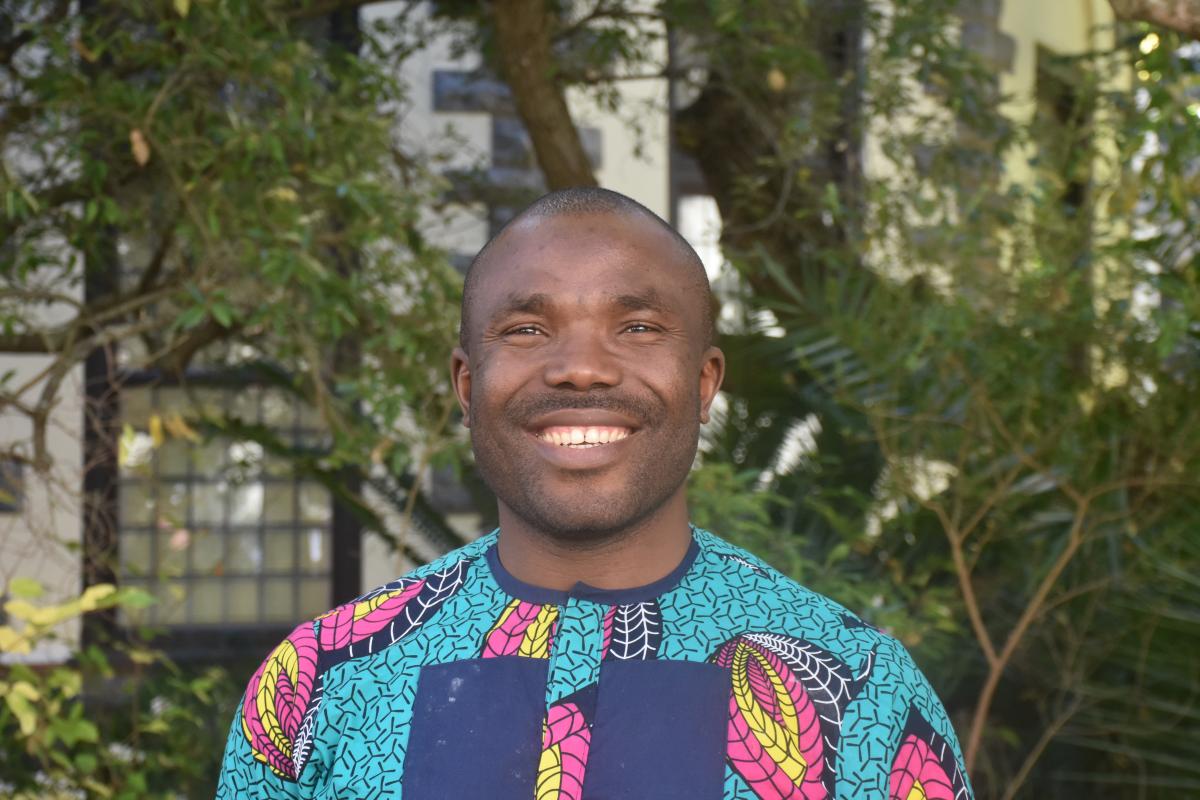 Chapter Chair: Prof Nelson Odume
Chapter Chair: Prof Nelson Odume
Prof Odume is a Faculty at Rhodes University in South Africa, where he currently heads the Institute for Water Research. My research interests are broad and include freshwater ecology, water quality and pollution studies, water quality modelling, water governance, ethics of water governance, water resource management, nexus between policy and practice, and transdisciplinary scholarship.
Email: n.odume@ru.ac.za
Google scholar: https://scholar.google.com/citations?user=Jm6eiGMAAAAJ
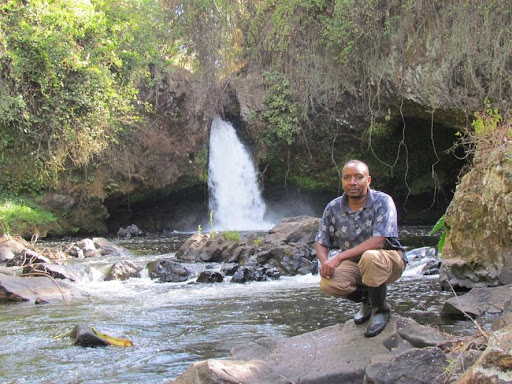 Chapter’s Steering Committee Member: Dr George Gatere Ndiritu
Chapter’s Steering Committee Member: Dr George Gatere Ndiritu
I am a senior lecturer of the environment in Karatina University in Kenya and a landscape ecologist specializing in biomonitoring in wetlands and terrestrial ecosystems. During biomonitoring, I have primarily used taxonomic groups of diatoms, macroinvertebrates and fungi. These researches sought to support the sustainable management of the environment, including restoration and rehabilitation of ecosystems
Email: gatereg@yahoo.com
Google scholar: https://scholar.google.com/citations?user=51SplN8AAAAJ&hl=en
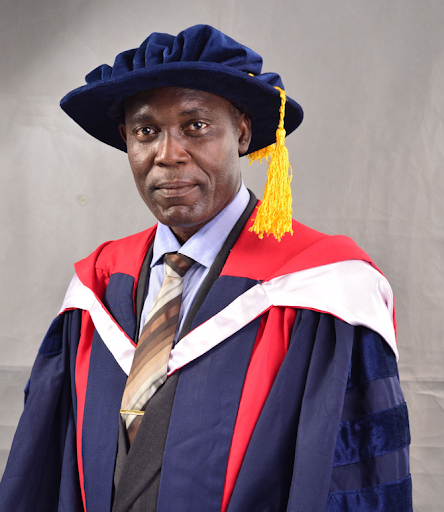 Chapter Early Career Mentor: Prof. Sylvester S. Ogbogu
Chapter Early Career Mentor: Prof. Sylvester S. Ogbogu
I am currently a faculty at Obafemi Awolowo University, Ile-Ife, Nigeria. My research interest borders on freshwater invertebrates in general. However, I focus mainly on freshwater insect science.
Email: slyd58@yahoo.com
Google Scholar: https://scholar.google.com/scholar?hl=en&as_sdt=0%2C5&q=sylvester+ogbogu...
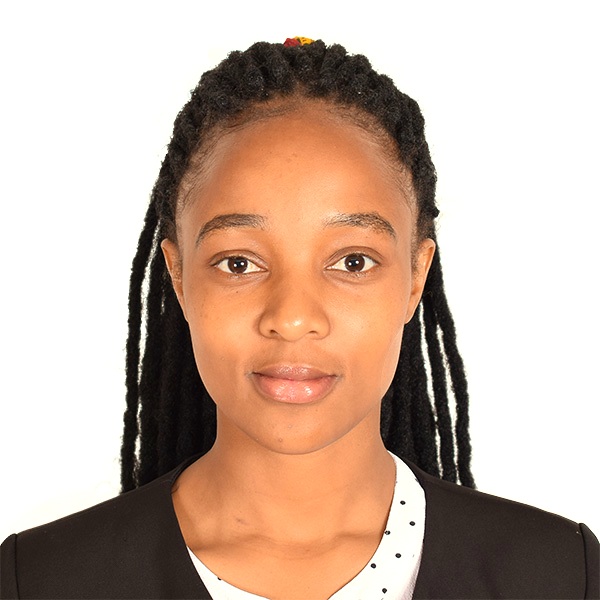 Early career & capacity building coordinator: Elizabeth Wanderi
Early career & capacity building coordinator: Elizabeth Wanderi
Elizabeth Wanderi (She/her) holds a MSc in Fisheries and Aquatic Science from the University of Eldoret, Kenya. She is currently a Fisheries Officer at Kenya Fisheries Service and is located at Lake Turkana. Her interests include Freshwater Ecology (biogeochemistry, greenhouse gas emission, ecosystem metabolism), policy, community development (women/men empowerment), and linking science with indigenous knowledge.
Email: ewandri428@gmail.com
Google Scholar: https://scholar.google.com/citations?hl=en&user=RzNJ69QAAAA
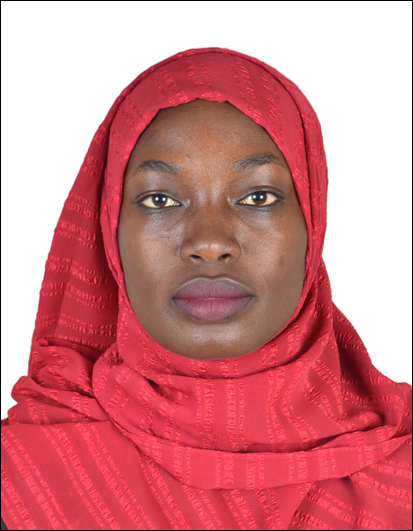 Outreach and partnerships coordinator: Diane Umutoni
Outreach and partnerships coordinator: Diane Umutoni
Diane Umutoni holds a Master’s degree in Hydrobiology and a bachelor degree in Wildlife and Aquatic Resources Management. She is a Conservation and Research Assistant for Akagera National Park in Rwanda. She is passionate about research and the way it informs important decisions. She loves seeing women becoming strong scientists. She believes in gender equality. She worked as a Resonate Facilitator to equip women with leadership skills. She experience working on fish mating preference, ecotoxicology and other public health related projects, and looks forward to continuing ecotoxicology research to help provide safe and healthy aquatic ecosystems. She believes that water is life, when our lakes, rivers, and streams are safe, all leaving organisms are healthy. Additionally, she is interested in projects that help in the management of the aquatic resources sustainable use.
Email: umureso05@gmail.com
Upcoming Opportunities:

